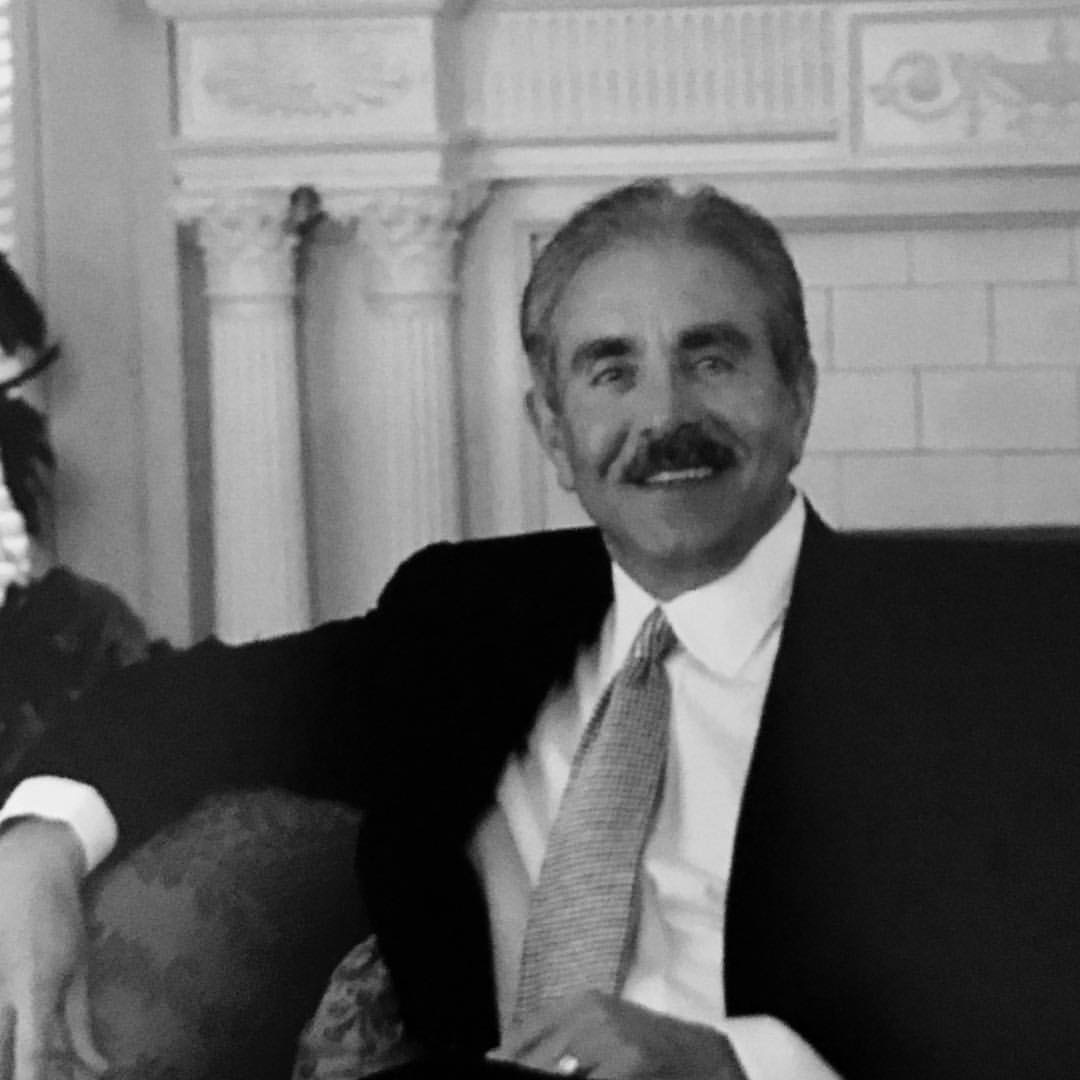Brad Hewett
Donald Trump was elected and will take office as the 45th President in a few weeks. You may need to re-read that sentence and make sure you aren’t dreaming, or having a nightmare, depending on your politics of course. I’ll avoid jumping in the mud and state obviously enough that we all have our musings on Trump’s personality, celebrity, campaign, tweets, wife, hair, enterprises, and upcoming administration. While each facet of the Donald is worthy of its own discussion (Trump was ranked 8th on Google’s top 10 trending list of 2016, notably behind Prince and Pokemon Go), this entry is geared toward Trump’s replacement of Supreme Court Justice Antonin Scalia, who passed away on February 13, 2016.
Although the Trump administration has promised measures that will have extensive economic and international consequences, such as the repeal of the Affordable Care Act and steep tariffs on imported goods, his Supreme Court nomination could be the most important decision of his administration.
Why is Trump’s Supreme Court nomination so important? First, the average length of service for non-incumbent Supreme Court justices is 16.7 years, meaning it is likely that whomever Trump appoints will be on the bench long after he vacates office. While Manhattan gastroenterologist Dr. Harold Bornstein trumpeted that Donald Trump “will be the healthiest individual ever elected to the presidency” and that Trump’s “strength and physical stamina are extraordinary”, Trump’s nominee (or even nominees) may still be on the bench even after he has gone on to the Trump Tower in the sky.
Second, the Supreme Court rules on a wide array of issues that affect us all, i.e. abortion, marriage, healthcare, religious freedom, etc. For many, there is a misunderstanding, or even indifference, of how important Trump’s decision on the nomination really may be, and the impact it could have on the United States for years to come.
If you are curious as to how the nomination process1 works, or just looking to hone your trivia skills, then read on my friends. Under Article II of the Constitution, the President will use his sole power to nominate a candidate who is well-qualified, and likely serves his political interests. The President will refer the nominee to the Senate Judiciary Committee, made up of twenty Senators, which will check the nominee’s credentials and background.
The Senate Judiciary Committee holds the first hearing for the nominee and questions his or her qualifications. Witnesses that support and oppose the nominee present testimony to the Senate Judiciary Committee and the nominee is provided with the opportunity to respond. Senators that may oppose a nominee can attempt to delay the nomination by requesting additional information or additional time prior to the hearing.
Next, the Senate Judiciary Committee votes on whether to report the nominee to the full Senate. The Committee can report the nomination with a favorable recommendation, an unfavorable recommendation, or no recommendation at all. Senators that may oppose the nominee can delay the nomination by using procedural tactics to prevent a committee vote.
The full Senate will then debate the nomination until a Senator asks for unanimous consent to conclude the debate and proceed to a vote. Any Senator can refuse to grant unanimous consent, also known as a filibuster. If a Senator objects to unanimous consent, then a cloture motion must be filed in order to end the filibuster and move to vote. Cloture motions for Supreme Court nominations require 60 votes to pass. If 60 Senators support cloture, the full Senate will vote on the nominee with a majority required for confirmation. If few than 60 Senators support the cloture, the debate continues, a vote cannot occur, and the nomination fails.
If 60 Senators vote for cloture, a simple 51 vote majority is required for confirmation. If less than 51 Senators vote for confirmation, then the nomination fails. If the 51 Senators or more vote in favor of confirmation, then the nomination is confirmed. If the nomination fails, the President must start the process again by recommending a nominee.
Now, if you are really a Supreme Court junkie and are interested in cases scheduled for the 2016-2017 United States Supreme Court docket, below is a description of a couple intriguing cases:
Gloucester County School Board v. G.G.2
Gavin Grimm is transgender boy in high school in Gloucester County, Virginia. Gavin’s biological sex is female, but his gender identity is male. As a freshman, he was diagnosed with gender dysphoria. Since the end of his freshman year, he has undergone hormone therapy and legally changed his name to “Gavin.” Gavin lives all aspects of his life as a teenage boy. In 2014, as an incoming sophomore, Gavin and his mother informed school officials that he was a transgender boy. At Gavin’s request, the school allowed him to use the boys’ restroom. This went without incident for about two months. However, the community became involved and Gloucester County School Board adopted a bathroom policy that restricts students to use the bathroom of their biological sex.
Gavin sued the school board on June 11, 2015. He sought an injunction allowing him to use the boys’ restroom and brought claims that he was discriminated against in violation of Title IX and the Equal Protection Clause of the Constitution. The district court dismissed Gavin’s Title IX claim and denied his request for a preliminary injunction, but withheld ruling on the motion to dismiss Gavin’s equal protection claim. Gavin appealed and The Fourth Circuit reversed the district court’s dismissal of Gavin’s Title IX claim based on the Department of Education’s interpretation of its own ambiguous regulation. The Fourth Circuit reasoned that the agency’s interpretation is entitled to Auer deference and was to be accorded controlling weight in the case. The Fourth Circuit also vacated the district court’s denial of Gavin’s motion for preliminary injunction and remanded the case to the district court.
In August 2016, the Supreme Court of the United States issued an order putting the Fourth Circuit’s mandate on hold until it could make a decision on the petition for writ of certiorari. On October 28, 2016, the Supreme Court decided to grant the petition. The questions presented are (1) whether courts should extend deference to an unpublished agency letter that, among other things, does not carry the force of law and was adopted in context of the very dispute in which deference is sought; and (2) whether, with or without deference to the agency, the Department of Education’s specific interpretation of Title IX and 34 CFR § 106.33, which provides public schools receiving federal funds providing sex-separated facilities must generally treat transgender students consistent with their gender identity, should be given effect. Oral arguments will occur in the spring of 2017, with a likely decision in June 2017.
Trinity Lutheran Church v. Pauley3
Trinity Lutheran Church of Columbia, Inc. (Trinity) has a licensed preschool and daycare. The preschool and daycare incorporates daily religious instruction into its programs. The Missouri Department of Natural Resources (DNR) offers Playground Scrap Tire Surface Material Grants that provide funds for organizations to purchase recycled tires to resurface playgrounds. Trinity applied for the grant but was denied because the Missouri Constitution stated the state government cannot fund churches. Trinity sued Missouri DNR Director, Sara Pauley, in her official capacity and argued that DNR’s denial of its application violated the Equal Protection Clause of the Fourteenth Amendment and its First Amendment protections of freedom of religion and speech.
The district court granted Pauley’s motion to dismiss for failure to state a claim, and Trinity moved for reconsideration and to amend its complaint to include allegations that such grants had previously been given to religious organizations. The district court denied the motions, and the Eight Circuit Court of Appeals affirmed the dismissal and denial of motions. The Supreme Court granted Trinity’s petition for writ of certiorari on January 15, 2016. The question presented by Trinity is whether the exclusion of churches from an otherwise neutral and secular aid program violates the Free Exercise and Equal Protection Clauses when the state has no valid Establishment Clause concern.
Stay tuned for Part II of this riveting piece for information on Trump’s potential nominees and other cases that may be on the 2016-2017 SCOTUS docket. Special thanks to Kayla Culver for her research and contributions to this entry. Kayla is a law clerk at the Mike Kelly Law Group and second year law student at the University of South Carolina School of Law.
________________
1Tem Meko, et al., Everything you need to know about appointing a Supreme Court justice, The Washington Post (March 7, 2016), https://www.washingtonpost.com/graphics/politics/scotus-nominees/; see also How the Confirmation Process Works, American Constitutional Society, http://judicialnomin ations.org/how-the-confirmation-process-works (last visited January 6, 2017); and Supreme Court Justice Nomination Process, American Bar Association, http://www.americanbar.org/publications/preview_home/supremecourtnomination.html (last visited January 6, 2017).
2G.G. ex rel. Grimm v. Gloucester Cty. Sch. Bd., 822 F.3d 709 (4th Cir.), cert. granted in part, 137 S. Ct. 369 (2016); see also 16-273 Glouchester County School Board v. G.G. Questions Presented, Supreme Court of the United States, (December 26, 2016), https://www.supremecourt.gov/qp/16-00273qp.pdf; and Gloucester County School Board v. G.G, SCOTUSblog, http://www.scotusblog.com/case-files/cases/gloucester-county-school-board-v-g-g/ (last visited January 6, 2017).
3Trinity Lutheran Church of Columbia, Inc. v. Pauley, Oyez, https://www.oyez.org/cases/2016/15-577 (last visited Jan 6, 2017); see also Trinity Lutheran Church of Columbia, Inc. v. Pauley, SCOTUSblog, http://www.scotusblog.com/case-files/cases/trinity-lutheran-church-of-columbia-inc-v-pauley/ (last visited January 6, 2017).









